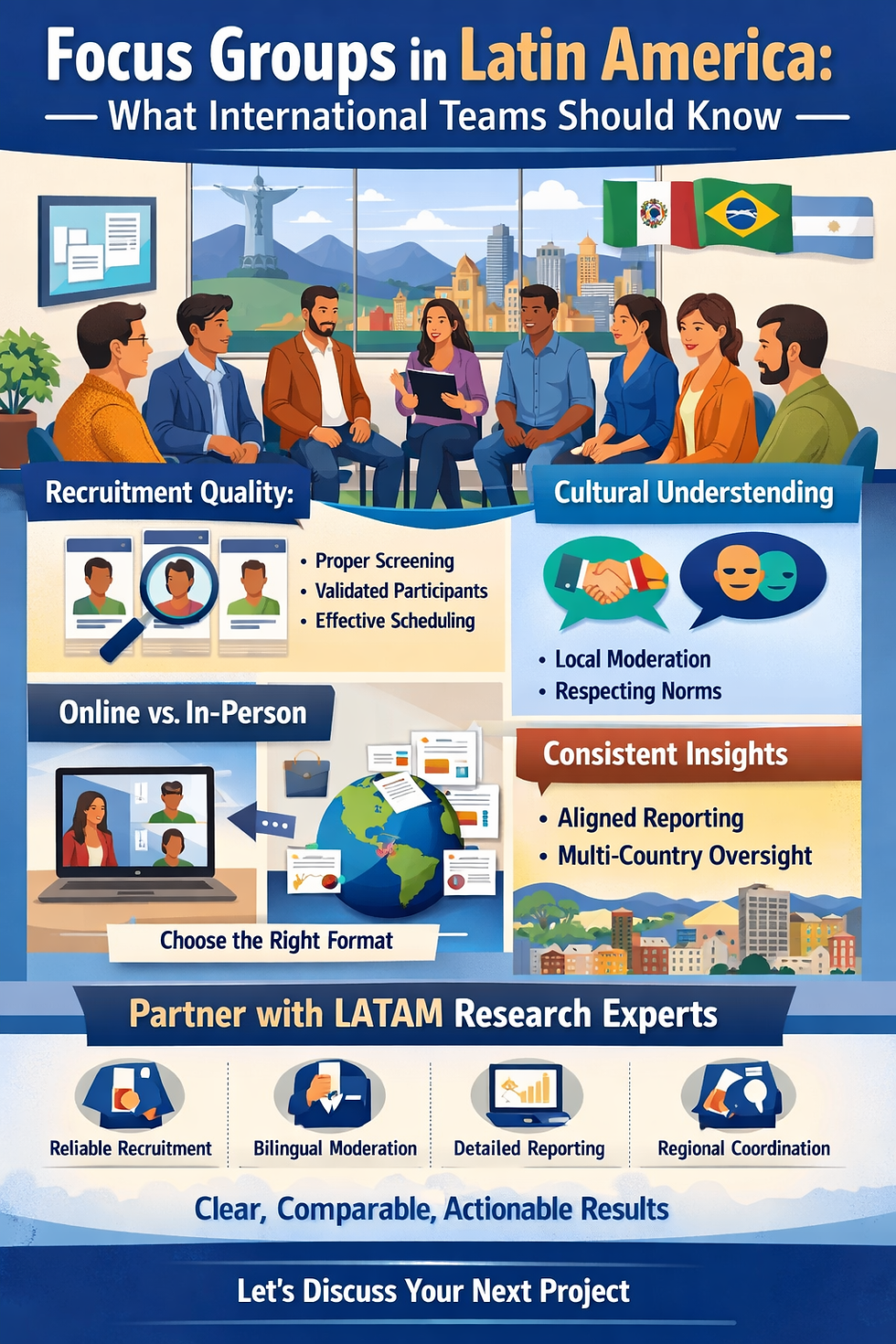Artificial Intelligence: From Healthcare to Agriculture, New Global Trends Report
- kevinS
- Jan 11, 2024
- 2 min read
Advances in machine learning, neural networks, deep learning, and other novel technologies have allowed artificial intelligence (AI) to rapidly reshape the modern business landscape. Current efforts are dedicated to developing so-called Narrow or Weak AI (ANI), which, while impressive, is restricted to performing a specific task intelligently – for example, identifying individuals in photos or curating search results. Artificial general intelligence (AGI), however, is the holy grail of AI research, where an AI can achieve human-level cognitive functions across numerous domains.
But, while AGI remains elusive, a new generation of Generative AI platforms – capable of creating something new based on a previous dataset – has transformed everyday business life. Through natural language processing (NLP), machine learning, and neural networks, generative AI models are trained on extensive datasets to teach the system to create everything from realistic images, human-like text, or compose music.
Some prominent and emerging use cases include:
Generating clothing designs and predicting fashion trends
Personalizing medical treatment plans based on genetic and lifestyle factors
Detecting phishing emails and providing cybersecurity
Creating video game levels that adapt to individual player stylers
Predicting material properties based on theoretical compositions
Global developments in AI are already revolutionizing several key industries. In healthcare, for example, AI platforms work alongside other novel technologies like wearable tech, robotic surgeons, and automated diagnostics to help streamline services and deliver greater patient outcomes.
As of 2022, the global market for AI in healthcare was $15.4 billion and is expected to grow 37.5% annually until 2030. Increased digital patient data and the demand for personalized medicine drive this growing trend. Expect generative AI to take a leading role in drug discovery, personalized patient treatment plans, disease prediction, telemedicine, and radiological analysis.
But it’s not just cutting-edge industries where AI is making waves. In agriculture, early detection of pests, weather forecasting, and precision agriculture could save a sector under heavy pressure from climatic changes and growing food demand.
Meanwhile, in the world of eCommerce, AI promises to deliver an efficient, 24/7, personalized customer experience. Simply talk to an AI assistant, and you’ll get instant help – whether you’re searching for a particular product or making a complaint. Going further, the AI will then analyze the aggregate data from such interactions to hone a business’s services: managing its inventory and predicting future sales trends. It’s a global development that could change fashion and retail forever.
Such significant trends don’t come without their challenges. Enhanced automation and rapid proliferation of generative AI could threaten millions of jobs globally. Service operations, manufacturing, and supply chain management could see the biggest reduction in employees. Nonetheless, change is coming – it’s up to business leaders to adapt their industry to the evolving and emerging technologies that will define the 21st century.
Learn more about how artificial intelligence will change your industry and other global developments in Advantage LATAM Insights’ new report: The Role of Artificial Intelligence (AI) in Transforming Business Processes and Decision-Making.

-Logo%20Colour.png)


